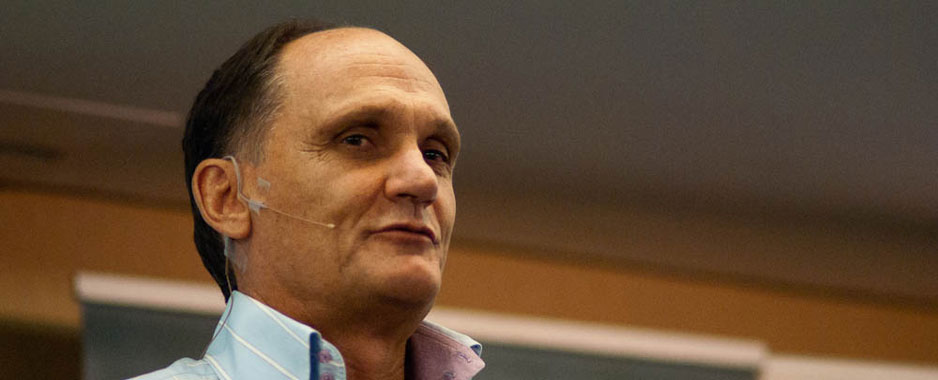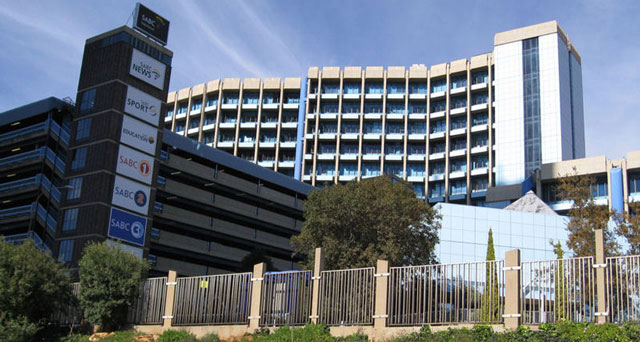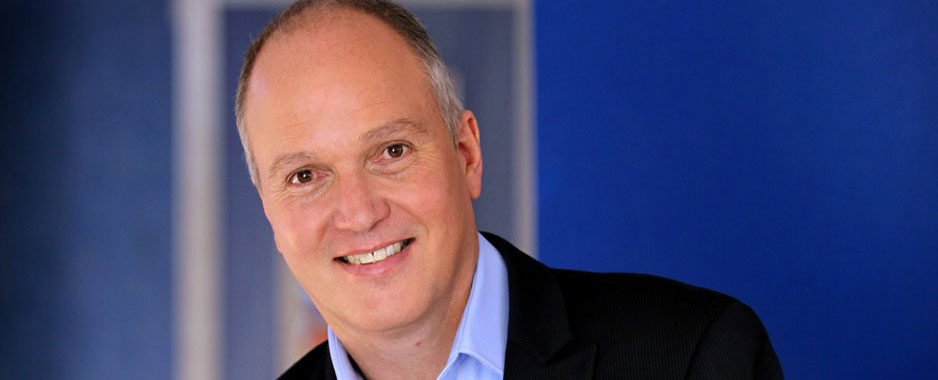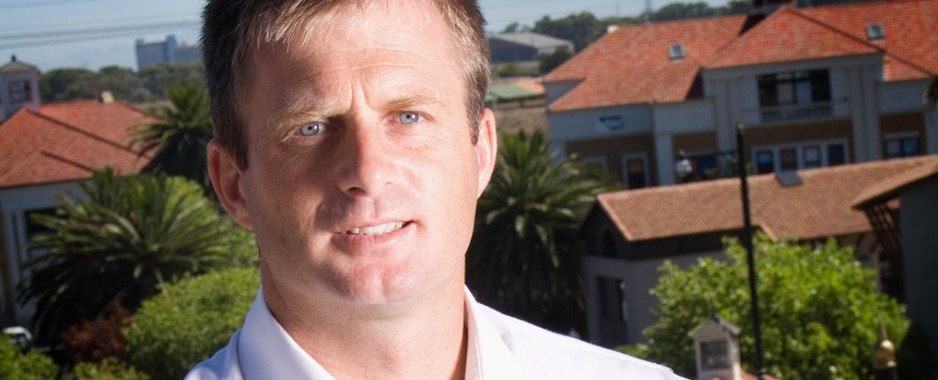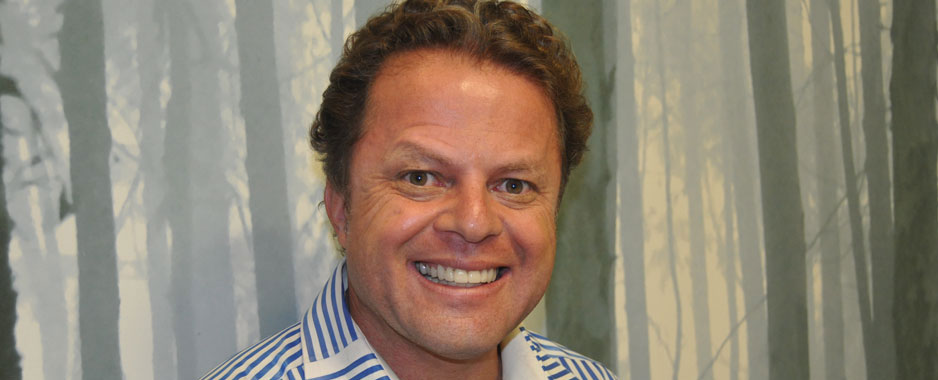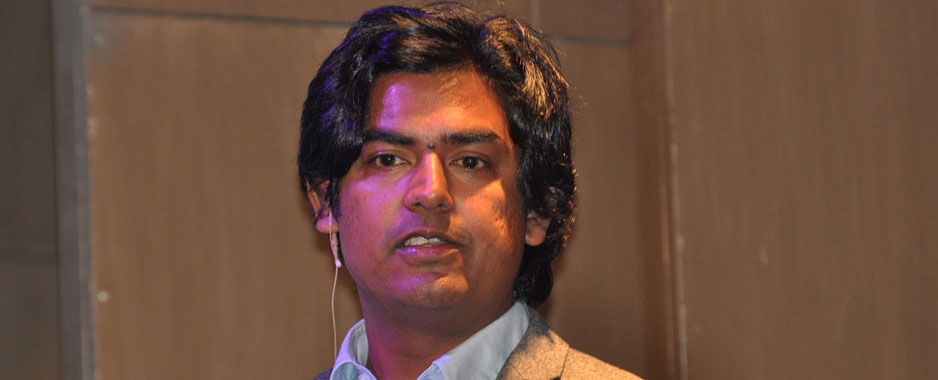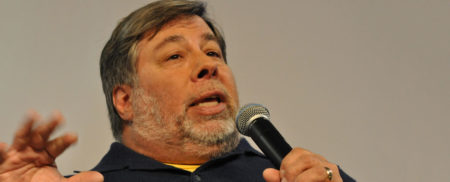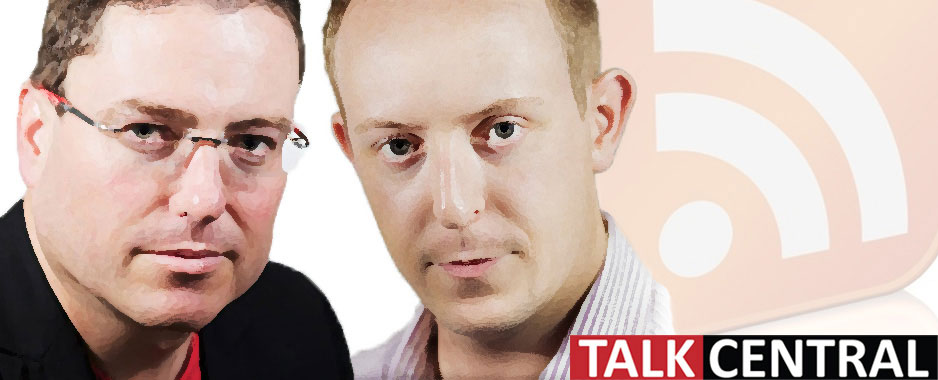Cell C has introduced a new product range called Cell C Pro in a bid to target high-end consumers and business customers, an area where its bigger rivals, MTN and Vodacom, have always been stronger. The new products offer reduced rates between predefined user groups or a subscription
Parliament’s portfolio committee on communications was told on Thursday that the SABC made a net profit of R343m in the 2011/2012 financial year, the state broadcaster said. “This was achieved against a target of R225m as set out according to the conditions of the government guarantee given to
Communications minister Dina Pule should not be surprised by e.tv’s decision to take her to court over her “unlawful” and “impugned” decision to appoint Sentech as the manager of the crucial control system for digital terrestrial television, the free-to-air broadcaster’s chief operating officer Bronwyn Keene-Young says in new
Gijima has appointed Eileen Wilton as its interim CEO. This comes after Jonas Bogoshi announced he would step down at the end of the year. Wilton will work alongside Bogoshi until the end of December. Bogoshi has led the company for the past five years. He announced his intention
Nashua Mobile, the cellular service provider in the JSE-listed Reunert group, wants to grow its prepaid customer base substantially and, in his first media interview since taking the reins on 1 October, newly appointed CEO Mark Taylor has
Each year, tens of thousands of South Africans find themselves signed up for mobile subscription services that deduct funds from their airtime balances or add costs to their monthly bills without their knowledge. One way to limit the impact of this is to make the sign-up process more difficult, but to date only one
Outspoken AppChat founder John Holdsworth has challenged SA’s incumbent mobile operators to do away with peak and off-peak rates and adopt “pay-for-what-you-use” models. “Overage”, where operators charge higher out-of-bundle rates once contract users have exhausted their voice, SMS and data
Telkom and its mobile arm 8ta may be sitting in the pound seats when it comes to next-generation wireless broadband thanks to its access to a big chunk of valuable radio frequency spectrum — and the telecommunications operator has signalled it plans to take full advantage of it. Whereas all
In an interview with TechCentral, Steve Wozniak says Apple, the company he co-founded with Steve Jobs in 1976, should have taken a more open approach with its iOS operating system and should have developed two separate iPhones
In this special edition of TalkCentral’s podcast, TalkCentral, we bring you a special, half-hour interview with Apple co-founder and legendary computer industry figure Steve Wozniak. TalkCentral editor Duncan McLeod asked Wozniak


